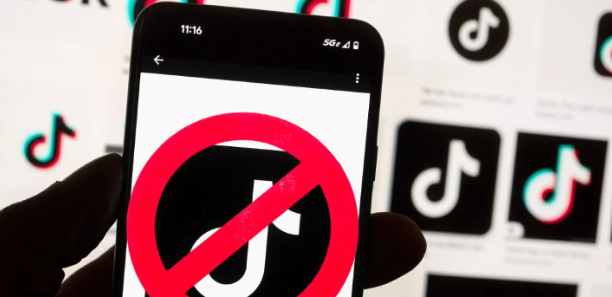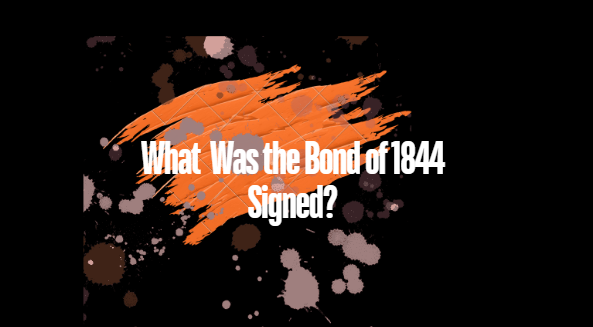
Why Countries also Concerns about Chinese-owned apps: TikTok
The growing popularity of Chinese-owned apps like TikTok has not only sparked a digital revolution but also raised significant concerns about data privacy and national security across the globe in various countries. Several countries, including the United States, India, Australia, and more, have expressed reservations. And have taken measures to address these concerns.
What are the countries’ that banned Chinese-owned apps?
United States: A Vocal Critic
The United States has been one of the most vocal critics of TikTok and other Chinese-owned apps. Former President Donald Trump issued executive orders seeking to ban TikTok and WeChat, citing national security concerns. Although these bans faced legal challenges and were not fully implemented. The Biden administration has continued to express concerns about these apps.
The concerns primarily revolve around data collection and storage. There are worries that TikTok, being a Chinese-owned app. Collects vast amounts of user data that could be accessed by the Chinese government under Chinese law. Additionally, there are concerns about potential foreign interference and the app being used as a platform for spreading Chinese propaganda.
India: Data Privacy and National Security at the Forefront
Amid growing tensions between the two nations, India banned TikTok and many other Chinese applications in 2020. Millions of users in one of TikTok’s biggest markets were impacted. By the ban, which was justified by the Indian government as a matter of national security and data protection.
India was one of TikTok’s most important markets, thus the ban was a serious setback for the company. Concerns about data gathering, storage, and possible foreign influence were shared by both India and the United States.
Australia: Regulating Chinese-Owned Apps
Australia has been thinking about taking action. To control Chinese-owned applications like TikTok due to rising worries about data protection and possible foreign influence. Through these platforms, the Australian government has brought up concerns regarding foreign governments’ influence and data security.
Australia’s concerns also extend to the competitive landscape and the potential. For these apps to stifle competition and innovation in the tech industry. While a ban has not been implemented, there have been discussions about tightening regulation. To address data protection and national security risks associated with these platforms.
Japan: Cautious Approach to Chinese-Owned Apps
Japan has also raised concerns about Chinese-owned apps like TikTok. While there hasn’t been a complete ban on these apps. Japanese authorities have been cautious about their use due to data privacy and security implications.
The concerns in Japan are similar to those in other countries. With worries about data collection, storage, and potential foreign interference. The Japanese government has urged TikTok to improve its security measures. And its handling of user data to address these concerns.
United Kingdom: Similar Worries and Tightening Regulations
The UK has expressed similar worries regarding Chinese-owned apps, including TikTok. While no outright ban has been imposed. There have been discussions about tightening regulations to address data protection and national security risks associated with these platforms.
The concerns in the UK are in line with those in the U.S., India, and Australia. Focusing on data privacy, data collection practices, and potential foreign influence. The UK government has called for investigations and tighter regulations. To ensure that these apps comply with data protection laws and do not pose a national security risk.
Other Countries: Global Concerns
Besides the aforementioned nations, various other countries have either considered or implemented restrictions on Chinese-owned apps like TikTok due to similar concerns. These include Indonesia, Pakistan, Bangladesh, and others.
Pakistan and Indonesia briefly blocked TikTok due to concerns about offensive material and security vulnerabilities. After TikTok committed to improving its security protocols and content filtering procedures, the bans were lifted.
TikTok was also temporarily blocked in Bangladesh because to concerns over improper material. Following TikTok’s commitment to enhance its content monitoring procedures, the restriction was removed.
Why are other Countries also banning Chinese-owned apps TikTok?
They are especially concerned that Beijing-based ByteDance, the owner of TikTok, may exchange information with the Chinese government or alter material that appears on the network. There isn’t much data to back up these worries as of now.
Bottom line
Concerns about Chinese-owned apps like TikTok are multifaceted, covering data privacy, national security, and economic considerations. While some countries have opted for bans or restrictions, others are focusing on tightening regulations. And oversight to address these concerns.
As the digital landscape continues to evolve, governments and regulators need to collaborate with tech companies. The global response to TikTok and other Chinese-owned apps underscores the broader issues. Its surrounding data privacy, national security, and global competition in the tech industry.





